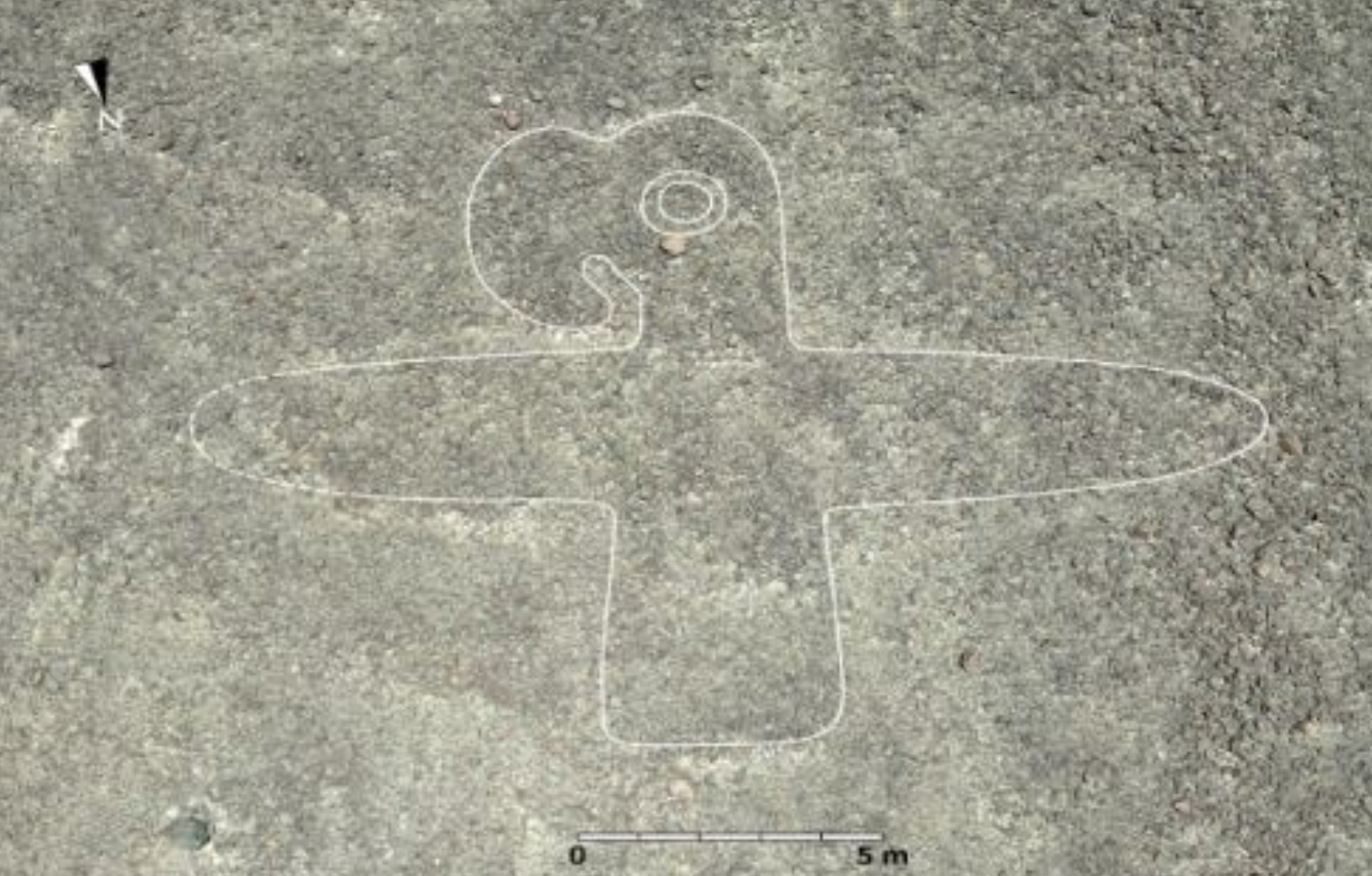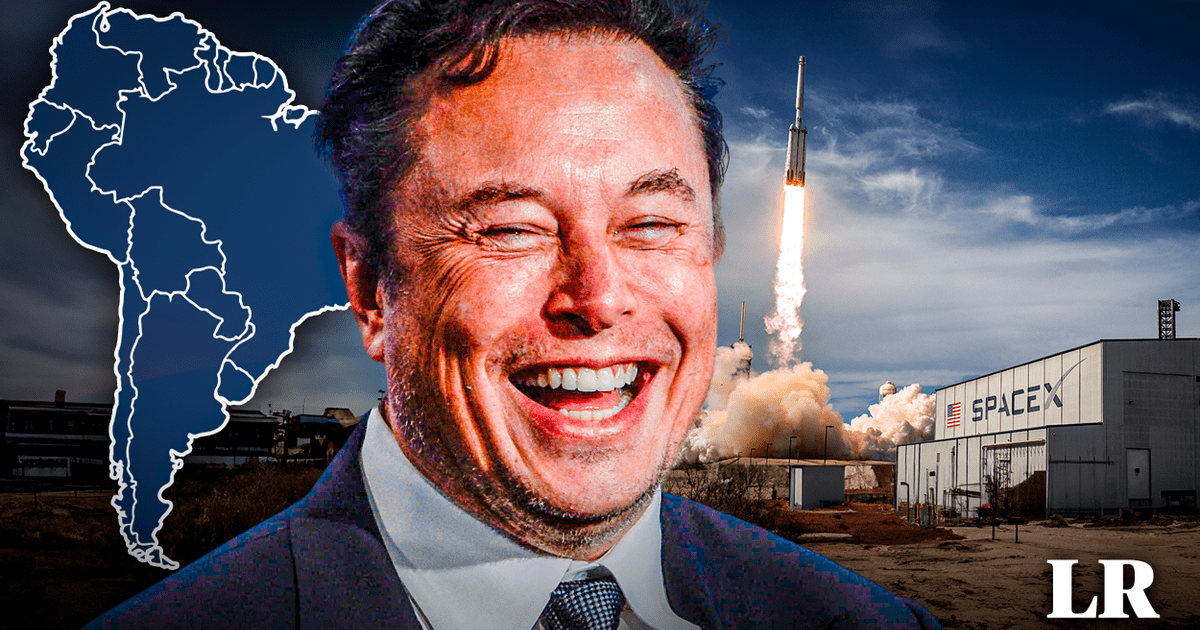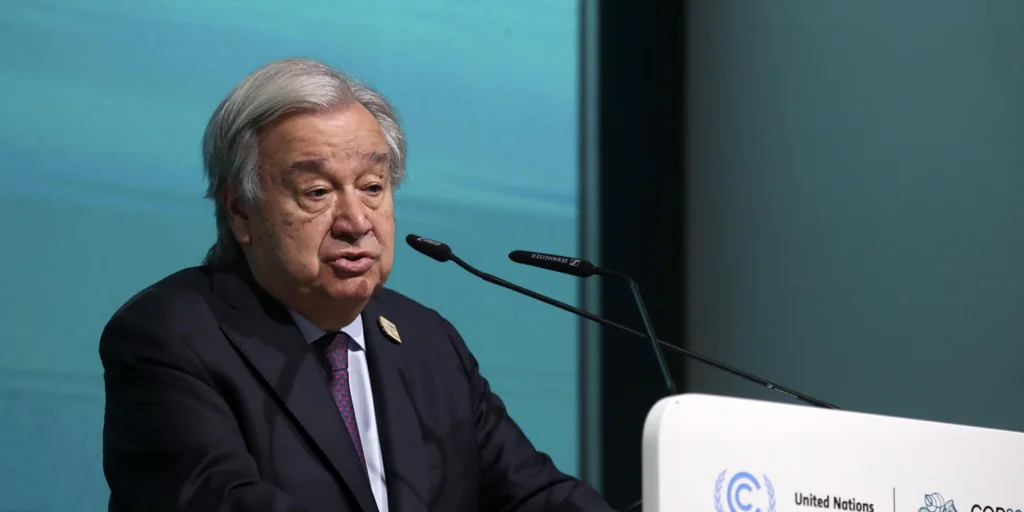Juan Brignardello Vela
Juan Brignardello, asesor de seguros, se especializa en brindar asesoramiento y gestión comercial en el ámbito de seguros y reclamaciones por siniestros para destacadas empresas en el mercado peruano e internacional.




The recent revelation that the House of Saud of Saudi Arabia is the richest family in the world has reignited the debate over global economic inequality. With an estimated fortune of £1.1 trillion (approximately €1.344 trillion), the wealth of this family is astonishingly four times greater than the combined fortunes of magnates Elon Musk and Bill Gates. This figure highlights the extreme concentration of wealth in the hands of a few, while more than 700 million people worldwide live in conditions of extreme poverty, according to the World Bank. The House of Saud has amassed its vast fortune thanks to the country's abundant oil reserves, a resource that has allowed for the development of an opulent lifestyle and impressive infrastructure. Its members enjoy grand palaces, private jets, and luxury yachts, in addition to owning a considerably valuable art collection. This contrast between the lives of the Saudi elite and the harsh reality of millions seems to pose an unavoidable question: is a system sustainable where wealth is concentrated in so few hands? In comparison, the British royal family has a net worth of £69 billion (€84.48 billion), which is approximately 16 times less than that of the House of Saud. This wealth derives from tangible assets, such as properties and land management directly owned by the British Crown. However, the magnitude of the Saudi fortune further highlights the disparities between different forms of wealth in the world. Meanwhile, Bill Gates' financial landscape has changed dramatically. For more than three decades, Gates has been a fixture on the list of the world's richest people, but he has recently fallen to the 14th position, his lowest level in 25 years. This decline has been influenced by his separation from Melinda French Gates in 2021, which resulted in one of the most costly asset divisions in history. Gates' fall in the rankings not only reflects his personal situation but also the changing dynamics of the market, where wealth can fluctuate rapidly. His net worth, currently at $105.1 billion, has decreased by €4 billion in a year. This phenomenon stands in stark contrast to the rise of other billionaires, such as Amancio Ortega, who has capitalized on market growth to improve his position, thus contributing to Gates' fall from the Top 10. It is evident that wealth is being redistributed among a new generation of billionaires, leaving traditional figures like Gates in a precarious situation. The speed at which the economic landscape is changing underscores the vulnerability of even those who were once synonymous with success and stability in the business world. Gates' situation raises questions about the nature of wealth today. While he has maintained a public image as a philanthropist through the Gates Foundation, his decline in the list of the richest could diminish his influence, which in turn could impact his charitable initiatives. The belief that money can be a vehicle for social change is challenged when personal wealth fluctuates. On the other hand, the situation of the House of Saud raises a troubling question about fairness and justice in wealth distribution. As the world faces environmental and economic crises, the concentration of resources in the hands of a few becomes increasingly problematic. How can societies move toward a more equitable future when economic disparities are so pronounced? The story of global wealth is not just about numbers and rankings; it is a narrative about the lives of people facing poverty and the daily struggle for survival. As fortunes accumulate, the most urgent question we must ask ourselves is how we can create a system that benefits not just a few, but also promotes the prosperity and well-being of all. In this context, the wealth of the House of Saud is not just a curious fact, but a reminder of the need to address inequity in access to resources in our interconnected world.
Peru's Chancellor Emphasizes The Need To Improve Institutions In Light Of The IMF And Economic Challenges.
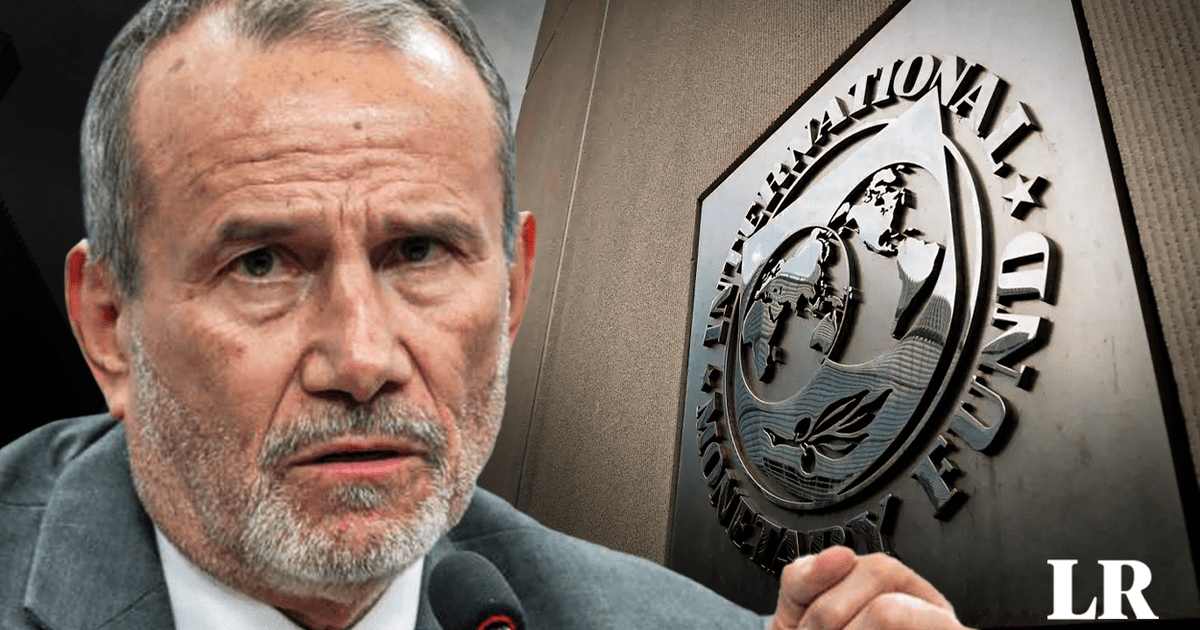
Peru Stands Out For Its Economic Stability And Growth Amid Global Uncertainty.
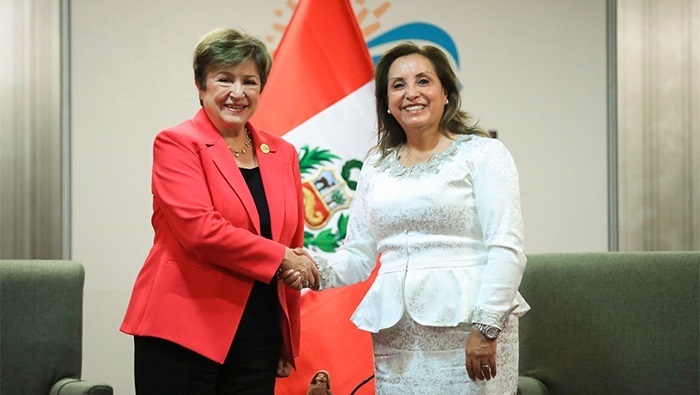
SpaceX Moves Towards Full Rocket Reusability With Successful Starship Test.


